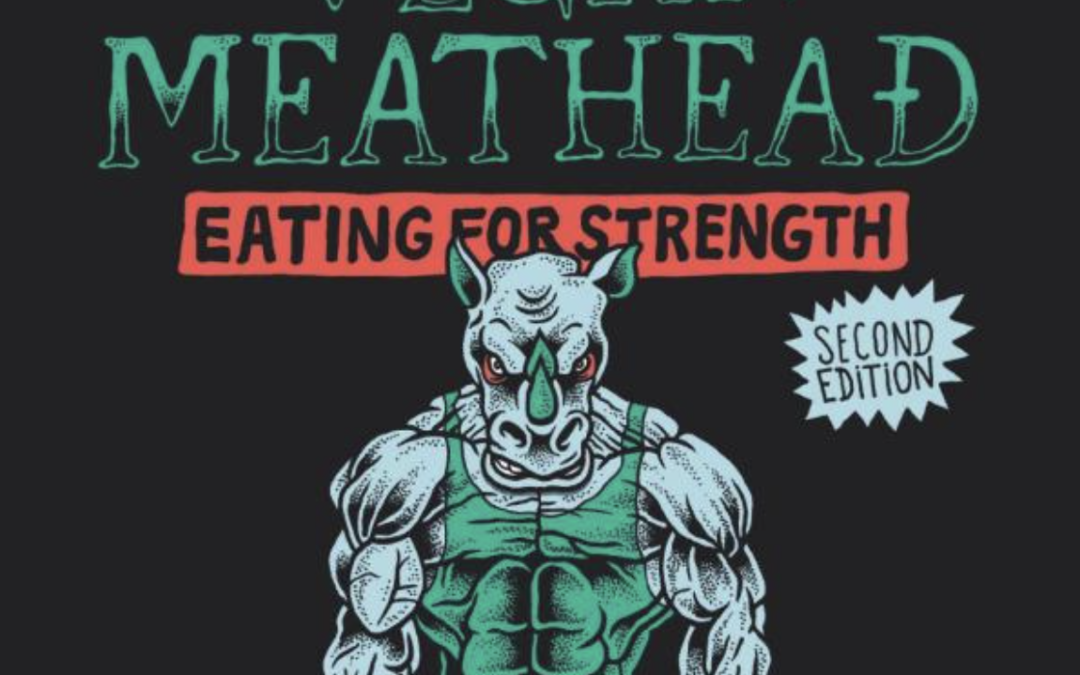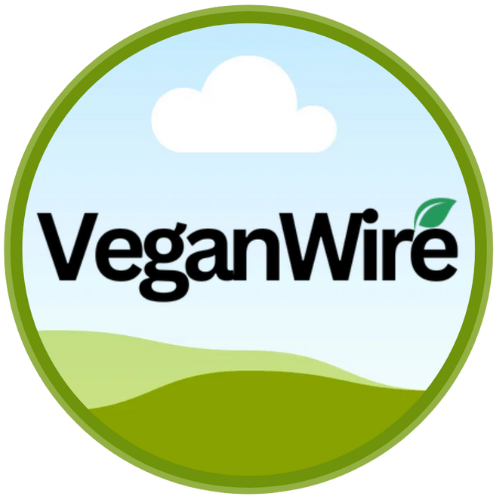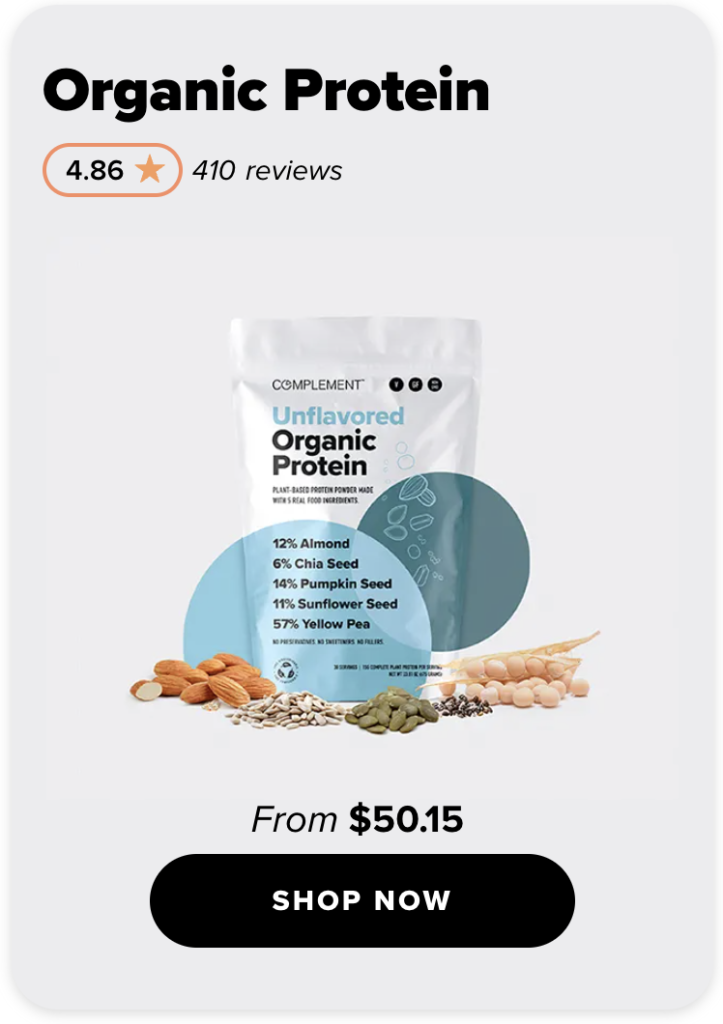The Way of The Vegan Meathead: Eating for Strength is a book that explores the concept of plant-based strength training and the benefits it can have on overall health and fitness. Written by vegan bodybuilder Robert Cheeke, the book provides a comprehensive guide to building muscle and achieving peak performance on a vegan diet.
Introduction
The book begins by introducing the idea of plant-based strength training, and how it can be just as effective as traditional meat-based diets for bodybuilders and athletes. The author, Robert Cheeke, is a vegan bodybuilder with over 20 years of experience, and he shares his personal journey of how he was able to achieve success in his sport while following a vegan diet.
Chapter 1: The Benefits of a Vegan Diet
The first chapter of the book explores the many benefits of a vegan diet, including improved heart health, weight loss, and a reduced risk of chronic diseases such as diabetes and cancer. The author also discusses the environmental and ethical benefits of choosing a plant-based diet, and how it can be more sustainable in the long run.
Chapter 2: Building Muscle on a Vegan Diet
The second chapter of the book focuses on the specific challenges and considerations of building muscle on a vegan diet. The author discusses the importance of consuming enough protein, and provides a list of plant-based protein sources that can be included in a muscle-building diet. He also covers the importance of consuming adequate calories and nutrients, and provides tips and strategies for meeting these needs while following a vegan diet.
Chapter 3: Vegan Supplements and Meal Planning
The third chapter of the book covers the topic of supplements and meal planning, specifically for vegans. The author discusses the different types of supplements that can be beneficial for bodybuilders and athletes, including protein powders, creatine, and B12. He also provides tips and strategies for meal planning, including how to make sure you are getting enough protein and other nutrients to support muscle growth.
Chapter 4: Training and Recovery
The fourth chapter of the book focuses on the importance of training and recovery in building muscle and achieving peak performance. The author discusses the different types of training that can be effective for bodybuilders and athletes, including weightlifting, cardio, and high-intensity interval training. He also covers the importance of recovery and rest, and provides tips and strategies for maximizing recovery time.
Chapter 5: Overcoming Challenges and Staying Motivated
The final chapter of the book addresses the challenges and obstacles that can arise when following a vegan diet, and provides strategies for overcoming these challenges. The author also covers the importance of staying motivated and consistent, and provides tips and strategies for staying on track and achieving your goals.
Conclusion
In conclusion, The Way of The Vegan Meathead: Eating for Strength is an informative and comprehensive guide to building muscle and achieving peak performance on a vegan diet. Written by an experienced vegan bodybuilder, the book provides practical tips and strategies for overcoming the challenges of following a plant-based diet, and achieving success in your fitness goals.
References
- Cheeke, R. (2021). The Way of The Vegan Meathead: Eating for Strength. Vegan Bodybuilding & Fitness.
- Campbell, T. C., & Campbell, T. M. (2006). The China Study: The Most Comprehensive Study of Nutrition Ever Conducted and the Startling Implications for Diet, Weight Loss, and Long-term Health. Benbella Books.
- Mangels, R., Messina, V., & Messina, M. (2014). The Dietitian’s Guide to Vegetarian Diets. Jones & Bartlett Publishers.
- Phillips, S. M. (2012). Protein requirements and supplementation in strength sports. Nutrition, 28(10), 1024-1031.
- Tipton, K. D., Elliott, T. A., Cree, M. G., Aarsland, A., Sanford, A. P., & Wolfe, R. R. (2007). Stimulation of net muscle protein synthesis by whey protein ingestion before and after exercise. American Journal of Physiology-Endocrinology and Metabolism, 292(1), E71-E76.
- Burke, L. M., & Deakin, V. (2010). Clinical sports nutrition (5th ed.). McGraw-Hill Australia.
- Børsheim, E., & Bahr, R. (2003). Effect of exercise intensity, duration and mode on post-exercise oxygen consumption. Sports Medicine, 33(14), 1037-1060.
- Wilson, J. M., Marin, P. J., Rhea, M. R., Wilson, S. M., Loenneke, J. P., & Anderson, J. C. (2012). Concurrent training: a meta-analysis examining interference of aerobic and resistance exercises. Journal of Strength and Conditioning Research, 26(8), 2293-2307.
- Kieffer, D. A., & Leddy, J. J. (2002). The role of recovery in resistance training. Journal of Strength and Conditioning Research, 16(2), 220-224.
- O’Donovan, G., & Blake, C. (2010). Psychological factors in adherence to exercise: a review. Journal of Health Psychology, 15(6), 927-939.
- Some research for this article compiled with the assistance of ChatGPT/OpenAI







